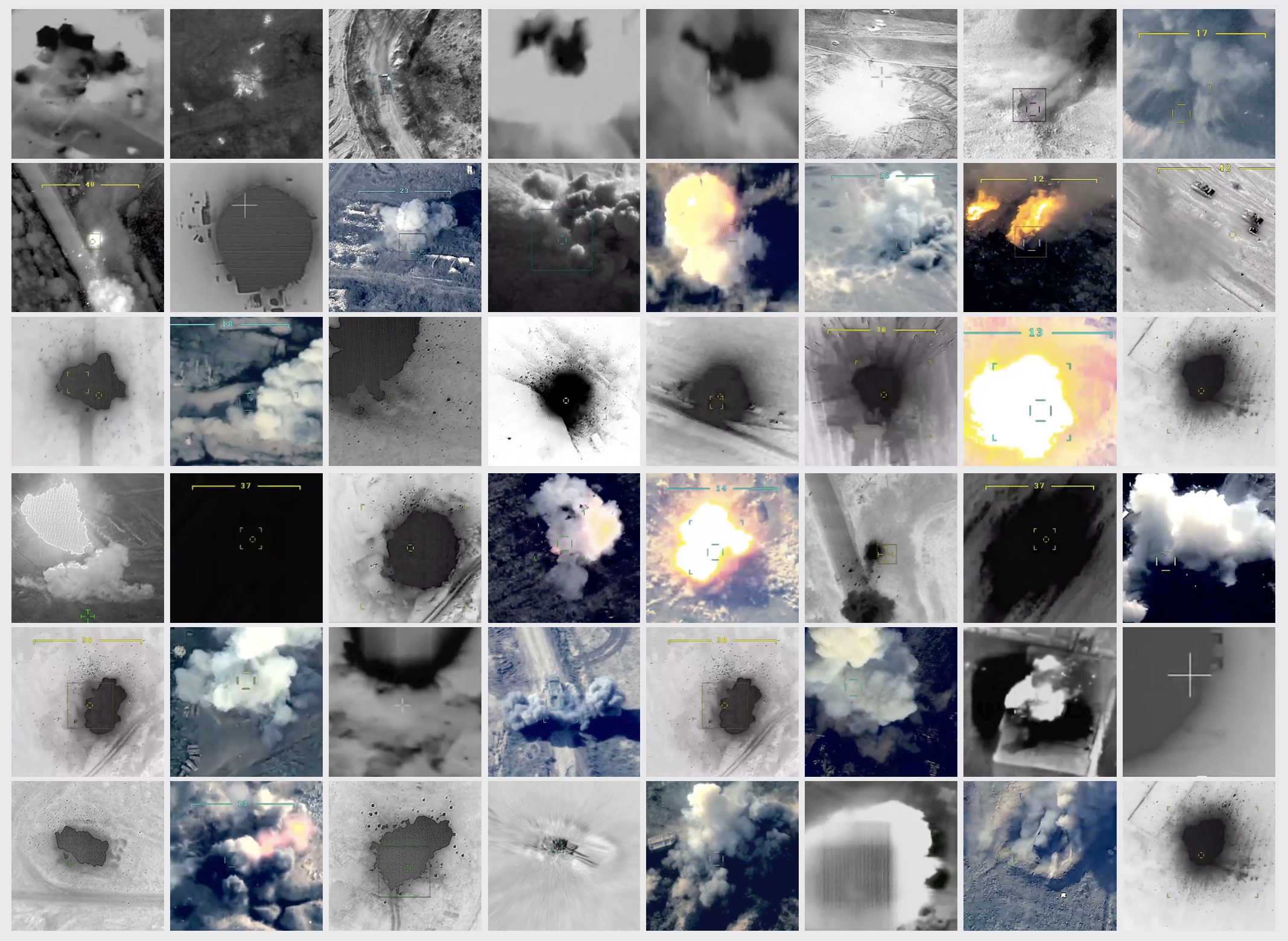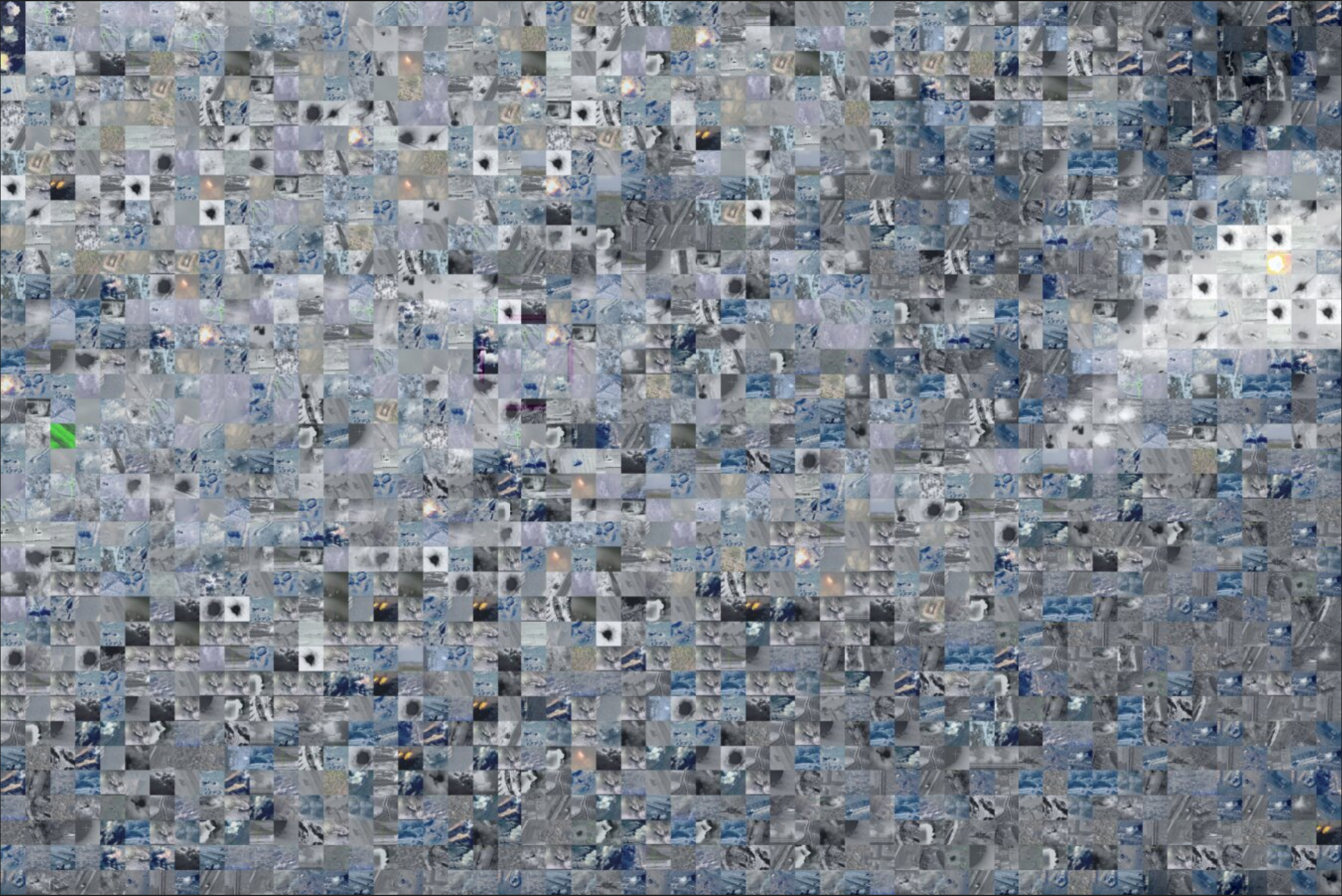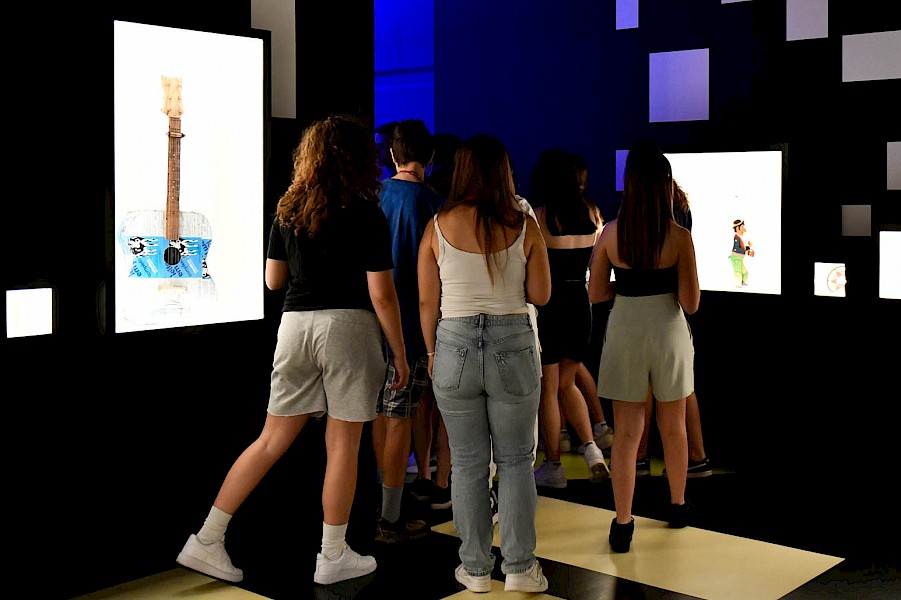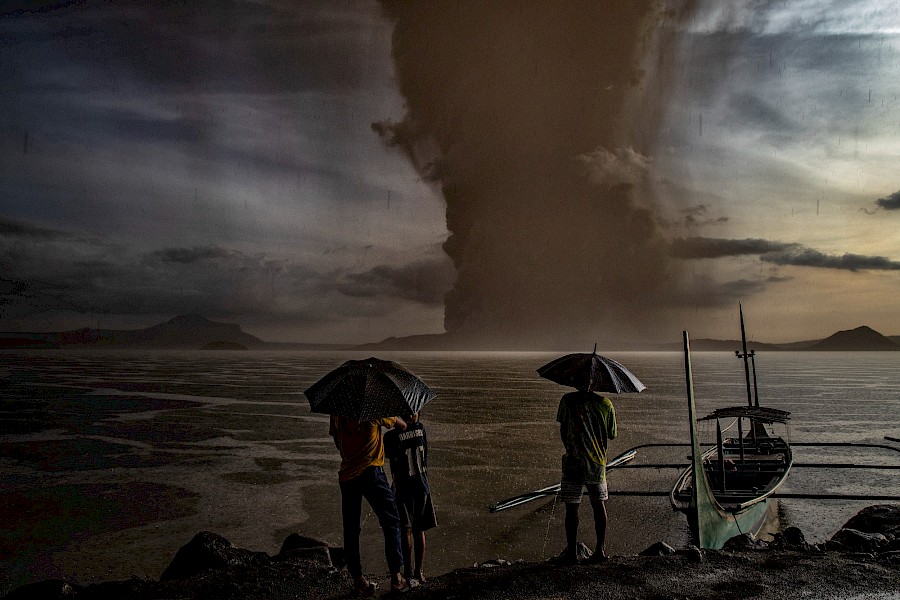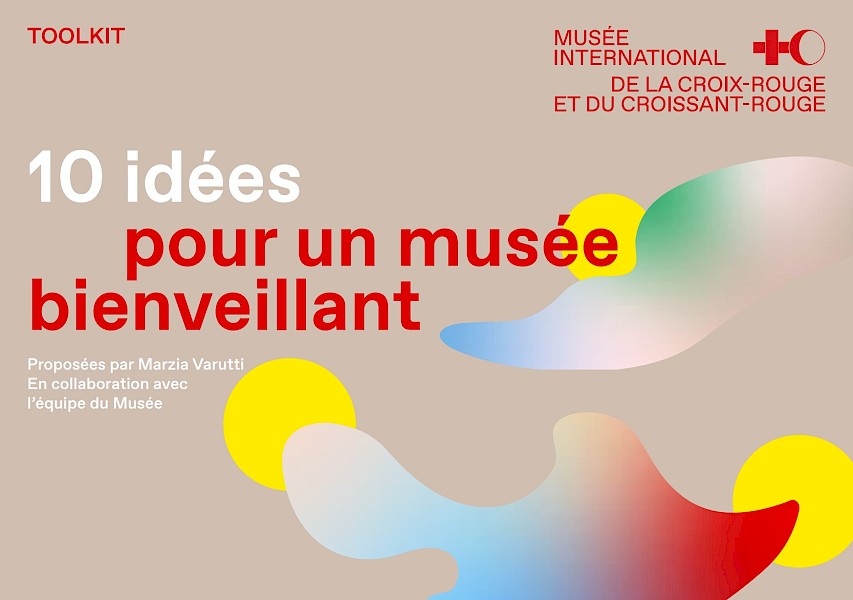At the intersection of art, technology, and humanitarian issues, the "Synthetic Data" workshop, by artist Marta Revuelta and photographer and designer Dorota Grajewska offers an in-depth examination of the implications of producing synthetic media in our digital world. It invites critical reflection on the ethical and societal challenges of creating, using, and disseminating artificial images, especially in sensitive contexts like armed conflicts.
We will be delving into the creation of datasets using authentic videos of military drone strikes. This workshop is a part of the "Synthetic War" research project, which focuses on the implications of employing AI-driven autonomous weapons in contemporary conflicts. The use of these video sequences aims to enhance our critical understanding through an in-depth analysis of these technologies.
The images depicting the harsh realities of war may potentially be distressing to some individuals due to their graphic and impactful nature. Therefore, we encourage you to carefully consider the nature of these contents before deciding to participate in the workshop.
• age: from 18 years old
• limited to a maximum of 25 people (registration required)
We have selected “digital dilemmas” as the guiding theme for 2023-2024. Alongside numerous partners from the world of humanitarian action, culture and research, the Museum will explore ideas and techniques that can be applied to to day-to-day life. For its forthcoming programming cycle, it will hold a series of events on digital dilemmas, curated by Valérie Gorin, from the Geneva Center of Humanitarian studies, and Oonagh Murphy, from Goldsmith University.
Marta Revuelta, born in 1980, is a designer and artist living and working in Geneva. She earned her Master's degree in Interaction Design (Media Design) from the Geneva University of Art and Design, HEAD — Genève in 2018.
From both an artistic and rigorously scientific approach, she aims to unveil the opacity surrounding these technologies, transforming them into narratives and experiences. Her goal is to demystify the ‘oracle effect’ of AI-driven decision-making predictions, inviting the audience to a deeper and more understanding of these systems. Her artistic intent not only seeks to inform, but also to stimulate debate and reflection on the ethical challenges and societal implications of "intelligent" autonomous systems in our digitalized world
Find out more
Nothing to discover
